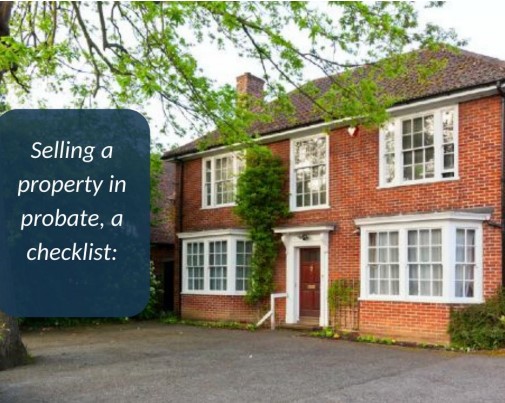House price growth ‘locking out’ middle earners
With home-ownership becoming an increasingly exclusive club, a new study has found that even those lucky enough to be considered middle-earners are being locked out of the housing market.
The last 20 years have seen a consistent growth in house prices, while average wages have only increased at a seventh of the rate in the same time period. For many young people who earn up to £30,000 a year, the idea of one-day owning a home is slowly becoming nothing more than a pipe dream, and a new report by the Institute for Fiscal Studies is painfully illustrating the devastating extent of the UK housing crisis.
In the mid-nineties, average sold house prices were calculated to be £51,084, with the average wage standing at £17,470. By the end of 2017, however, the average UK home was valued at £223,257 – a growth of 437% – while the average wage had only reached £27,200 – a mere 64% increase.
It is perhaps unsurprising, therefore, to learn that the percentage of UK residents aged 25-34 who owned a house dropped from 65% in 1995, to a paltry 27% in 2016, with figures set to worsen by 2020.
The government have already been left reeling by the LSE’s Centre for Economic Performance report published last year which found the UK experienced the worst drop in average real wages of any OECD country between 2007 and 2015 (with the exception of Greece), but this new research has left analysts fearing that the UK is slowly losing its footing as a world leader in economic policy.
The ever-widening gulf between house prices and wages is considered to be a direct result of the government’s under-performing house-building policies. These policies have, so far, failed to ensure that there are enough new homes to match demand and have subsequently forced a large percentage of gen-x and millennial Brits into the inescapable void known as the rent cycle. And sadly, the issue is unlikely to resolve itself anytime soon as the Conservatives have, this week, decided to slash their 2020 house-building target from 300,000 per year, to a meagre 175-200,000 per year.
“It is really hard to see how we can make this better when we are still seeing a huge demand for housing and that housing demand is not being met with the right number of houses,” stated Iona Bain, founder of the Young Money blog.
“Individuals are having to decide for themselves: do I want to rent and have the flexibility but pay more for it, or do I want make a lot of difficult decisions to get on the property ladder sooner and potentially stay put for many, many years to come?”.
While many current homeowners are lucky enough to have broken free of the rental trap, issues may arise if they suddenly need to sell their house fast for the sake of work or family, as a growing number of potential buyers are not in a position to afford the asking prices expected. This stalemate could ultimately lead to a lack of activity in the market and have far-reaching consequences that negatively affect the UK’s economy at a time when insecurity over Brexit is already weighing heavily on the minds of large swathes of the population.
Unable to find a buyer? Why not ask National Homebuyers for advice, as we buy any house. Call 08000 443 911 or request a call back to find out how much you could get for your property.






